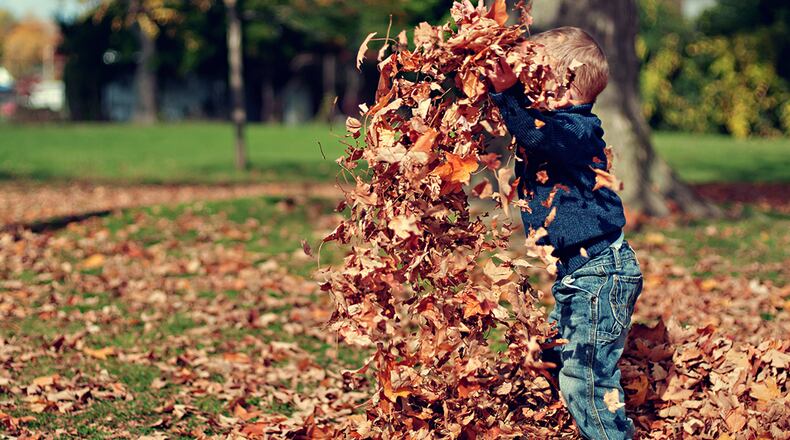While you should always have your HVAC system professionally inspected each year, the following are a list of precautions to take to ensure the system is running safely and efficiently:
- Clean around the HVAC unit to keep lint, dust and dirt from accumulating, which can clog and even catch fire
- Change the filter in your air-handling unit at least three times a year, although HVAC professionals recommend monthly
- Quickly inspect your system to ensure there are no leaks or loose wires
- When in doubt, turn the system off and call your HVAC professional to repair any problems
- If your furnace is more than 18 years old, it may be time to consider a new unit. Installing a new HVAC system not only will help keep your home safe, but it also will save you money on your energy bills year-round.
If you have a working fireplace, you should have it and your chimney inspected and cleaned annually, at the start of each heating season.
Whatever heating system you use in your home, be sure you have an up-to-date and regularly checked smoke detection system. There should be at least one smoke alarm on each floor of your home. For those who already have smoke alarms, you should replace them every 10 years, test the batteries monthly, and replace batteries yearly. An easy calendar date to remember for replacing your batteries is the end of daylight saving time, which occurs this year at 2 a.m. on Sunday, Nov. 5.
For those who do not have smoke alarms, the Dayton Area Chapter of the American Red Cross offers free smoke alarms, installation and fire safety plan consultations. The Red Cross cannot stress enough the vital importance of maintain proper detection in homes.
"This year already, only three weeks after we installed new smoke alarms in an area family's home, their house caught fire, but they were able to escape in time because of the detection system," said Cory Paul, executive director of the Dayton Red Cross. To take advantage of the Red Cross's free smoke alarm installation and consultation program call (937) 221-7540, or you can visit www.SoundTheAlarm.org/dayton.
As a final check, if you have a gas furnace, you also need to have a carbon monoxide detector near the unit. While many new smoke alarm systems have CO detectors built in, you should consult your system manual to be sure. If you don’t have a CO detector or are not sure if yours is working properly, local fire departments can provide assistance by either installing a free detector (if they have them) or checking that your detection system is working properly.
Finally, as you prepare your home for a warm and safe cold weather season, keep in mind that prevention doesn’t mean you can’t also save energy.
- Consider installing a programmable thermostat – proper use can save you about $180 per year in energy costs
- When using a fireplace, lower the temperature on your thermostat
- Seal air leaks around your home and add insulation to aid energy efficiency. Remember to utilize a fire-resistant insulation to help your home stay safe.

